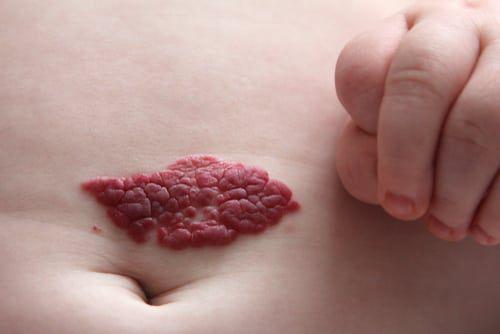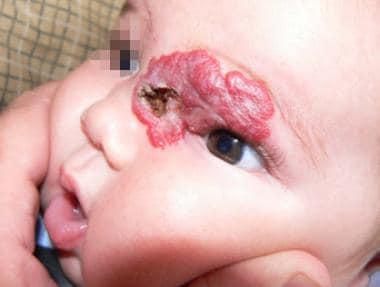Vascular Lesion Surgery: Exploring Treatment Options and Recovery
Discover the various treatment options available for vascular lesions and the surgical procedures involved in their management. Learn about the benefits, considerations, and recovery process associated with vascular lesion surgery.
Introduction
Vascular lesions are abnormalities in blood vessels that can manifest as birthmarks, vascular malformations, or other vascular disorders. In this comprehensive guide, we delve into the world of vascular lesion surgery, exploring the treatment options available and the surgical procedures involved. Additionally, we discuss the benefits, important considerations, and the recovery process associated with vascular lesion surgery.

Understanding Vascular Lesions
Vascular lesions encompass a range of conditions characterized by abnormalities in blood vessels. These can include birthmarks, such as port-wine stains or hemangiomas, as well as vascular malformations like arteriovenous malformations (AVMs) or venous malformations. Vascular lesions can vary in size, appearance, and location, and their treatment depends on the specific type and characteristics of the lesion.

Treatment Options for Vascular Lesions
Laser Therapy: Laser therapy is a common non-surgical treatment option for vascular lesions, particularly for superficial lesions like port-wine stains or small hemangiomas. The laser emits a focused beam of light that targets and destroys the abnormal blood vessels while minimizing damage to the surrounding tissue.
Sclerotherapy: Sclerotherapy is a minimally invasive procedure that involves injecting a sclerosing agent into the affected blood vessels. The agent causes the vessels to shrink and eventually close off, leading to the regression of the vascular lesion. Sclerotherapy is often used for treating venous malformations and smaller vascular lesions.
Embolization: Embolization is a procedure that involves injecting substances into the blood vessels to block or reduce blood flow to the vascular lesion. This technique is commonly employed for managing arteriovenous malformations (AVMs) or larger vascular lesions before surgical intervention. Embolization helps reduce the size of the lesion and control bleeding during surgery.
Surgical Procedures for Vascular Lesion Surgery
Excision: Surgical excision involves removing the vascular lesion through a surgical procedure. This approach is often used for larger, deep-seated lesions or lesions that are not amenable to non-surgical treatments. The surgeon carefully removes the lesion while minimizing damage to surrounding tissues.
Microvascular Surgery: Microvascular surgery is a specialized surgical technique used for complex vascular lesions. It involves reconstructing blood vessels using advanced microsurgical techniques. This procedure is typically employed for larger vascular malformations or lesions located in critical areas.
Recovery Process after Vascular Lesion Surgery
Post-operative Care: After vascular lesion surgery, the healthcare team will provide instructions on wound care, pain management, and any necessary medications. It is crucial to follow these instructions carefully to facilitate proper healing.
Healing and Scar Formation: The healing process and scar formation vary depending on the size and location of the vascular lesion and the surgical technique used. It is normal to experience swelling, bruising, and discomfort in the treated area. Over time, the scar may fade and become less noticeable.
Follow-up Visits: Regular follow-up visits with the surgeon are essential to monitor the healing progress and address any concerns or complications that may arise. The healthcare team will provide guidance on when to resume normal activities and any necessary precautions to take during the recovery period.
Conclusion
Vascular lesion surgery offers effective treatment options for various types of vascular lesions, ranging from laser therapy and sclerotherapy to surgical excision and microvascular surgery. Understanding the available treatment options, surgical procedures, and the recovery process can help individuals make informed decisions and achieve optimal outcomes.
We are associated with experienced and highly skilled medical professionals. We use the latest medical technology available in the world and we provide medical services in collaboration with JCI & NABH Certified hospitals only. Our services include various types of treatment and organ restructuring and transplant.
